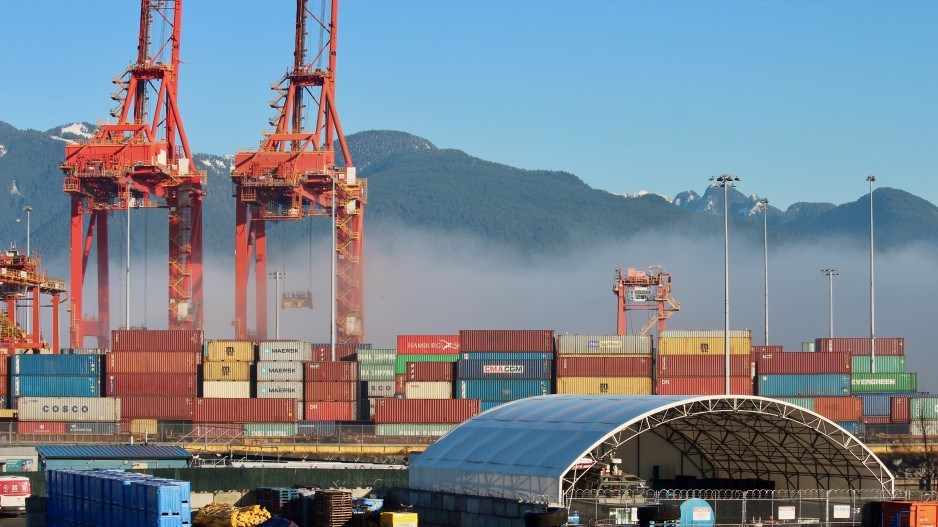Despite trade uncertainty gripping the globe, it's full steam ahead for Canada's largest port.
From January to June, the Port of Vancouver handled a record 1.64 million TEUs (20-foot equivalent units) – a 5% increase in volume over 2017.
According to Robin Silvester, president and CEO of the Vancouver Fraser Port Authority, the port expects growth to continue, particularly as Canada works to diversify its trade relationships, and as it ratifies the Comprehensive and Progressive Agreement for Trans-Pacific Partnership (CPTPP). As it stands, Vancouver already handles one of every three dollars of Canadian trade beyond North America.
“If anything, there’s an increasing emphasis on Vancouver’s importance as we go forward, because of the uncertainty with our main trading partner to the south of us,” said Silvester, adding that the port's ability to increase its capacity is one of his top concerns.
“Diversifying Canada’s trade relationships beyond North America is going to critically depend on growing capacity here in Vancouver."
In the first half of 218, export traffic rose 6.6% and imports rose 3.7% at the port, and according to the port authority, there are no signs container growth on Canada’s West Coast will slow down any time soon.
As such, the port has been a major advocate of the need to sustainably increase container capacity in the region. At present, significant upgrades are underway at the Port of Vancouver's facilities to help increase efficiency. Its an area of focus for its partners too: earlier this year, Global Container Terminals Canada launched pilot programs at Delta and Vancouver ports to improve trucking productivity.
Silvester added that part of the port's strategy has been to buy up available parcels of industrial land in order to preserve their zoning, as Metro Vancouver grapples with a shrinking supply of industrial land. Metro Vancouver has launched a task force to explore that issue further.
Reports suggest however that current improvements are not enough to meet future trade demand beyond the mid-2020s.
“There are some small positive steps, but there’s a looming major problem that’s careering toward us," said Silvester.
“I’m concerned that we really need to move beyond awareness of the problem into action to protect remaining industrial land, and think about how we provide capacity to Canada’s trade.”




